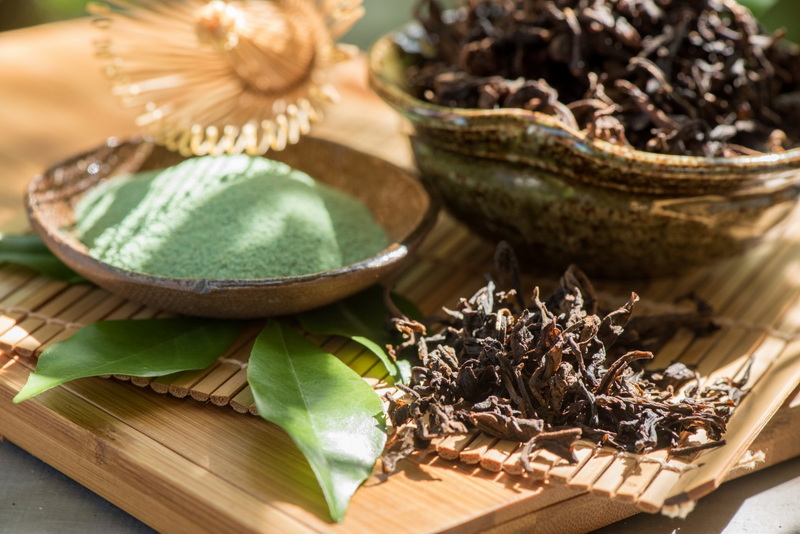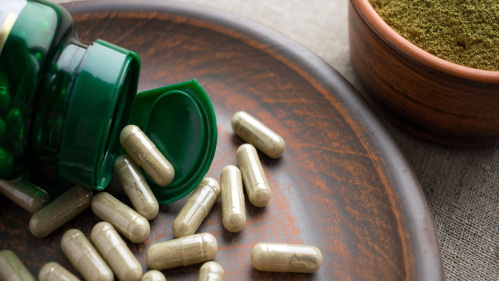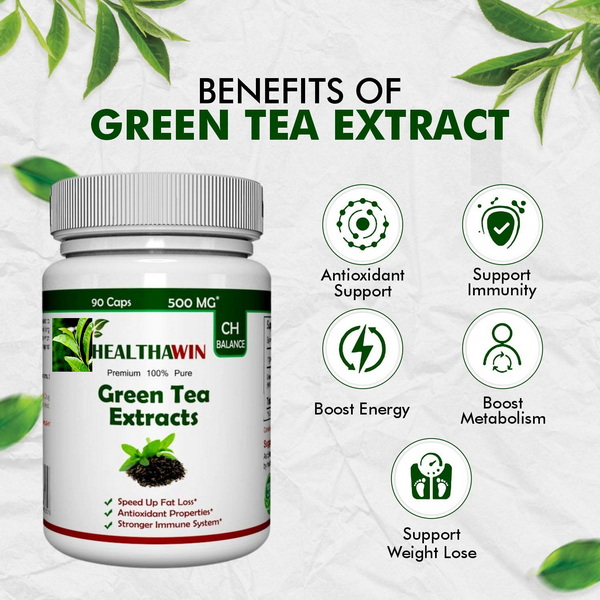Content Menu
● What is Green Tea Extract?
● Health Benefits of Green Tea Extract
● Potential Harms of Green Tea Extract
● Recommended Dosage
● How Does Green Tea Extract Work?
>> Mechanisms of Action:
● Who Should Avoid Green Tea Extract?
● Conclusion
● FAQs
>> 1. What are the common side effects of green tea extract?
>> 2. Can I take green tea extract if I have liver disease?
>> 3. How much green tea extract is safe to consume daily?
>> 4. Does green tea extract interact with medications?
>> 5. Is there anyone who should avoid taking green tea extract?
● Citations:
Green tea extract has gained immense popularity due to its numerous health benefits, including weight loss, improved heart health, and enhanced brain function. However, it is essential to understand that while green tea extract can be beneficial, it may also pose risks when consumed in excess or by certain individuals. This article explores the potential harms associated with green tea extract, its side effects, and important precautions to consider.

What is Green Tea Extract?
Green tea extract is derived from the leaves of the *Camellia sinensis* plant and is concentrated to provide higher levels of antioxidants and other beneficial compounds compared to regular green tea. The extract is rich in catechins, particularly epigallocatechin gallate (EGCG), which is credited with many of its health benefits.
Health Benefits of Green Tea Extract
Before delving into the potential harms, it's crucial to acknowledge the benefits that green tea extract offers:
- Antioxidant Properties: Green tea extract is packed with antioxidants that help combat oxidative stress and free radicals in the body.
- Weight Loss Aid: Some studies suggest that green tea extract can enhance fat burning and boost metabolic rates.
- Heart Health: Regular consumption may lower cholesterol levels and improve overall cardiovascular health.
- Brain Function: The caffeine and amino acid L-theanine in green tea can enhance brain function and improve mood.
- Skin Health: Due to its antioxidant properties, green tea extract may help reduce acne and improve skin elasticity, combating signs of aging.
Despite these advantages, caution is warranted regarding its consumption.
Potential Harms of Green Tea Extract
1. Liver Damage:
One of the most concerning potential side effects of green tea extract is liver toxicity. Clinical trials have shown a higher risk of drug-induced liver damage associated with green tea extract compared to a placebo. Symptoms may include jaundice (yellowing of the skin or eyes), nausea, and abdominal pain. Reports indicate that more than 200 cases of liver failure associated with green tea have been documented over the last 30 years, primarily linked to concentrated extracts rather than traditional consumption methods[6][9].
2. Gastrointestinal Issues:
High doses of green tea extract can lead to gastrointestinal problems such as nausea, vomiting, diarrhea, and abdominal discomfort. These symptoms are more pronounced when taken on an empty stomach or in excessive amounts.
3. Caffeine Sensitivity:
Green tea contains caffeine, which can cause side effects like anxiety, insomnia, and irregular heartbeats in sensitive individuals or when consumed in large quantities. Those with severe caffeine sensitivities may experience heightened symptoms such as irritability and nausea[4][10].
4. Drug Interactions:
Green tea extract may interact with certain medications, potentially affecting their efficacy or increasing side effects. For instance:
- It can reduce the absorption of beta-blockers like nadolol and lisinopril.
- Combining it with blood thinners like warfarin may increase bleeding risk due to its vitamin K content.
- Caffeine interactions can amplify side effects when taken alongside stimulant medications[2][7].
5. Risk for Specific Populations:
Individuals with liver disease, heart conditions, or those who are pregnant should exercise extreme caution when considering green tea extract due to its potential adverse effects on these conditions.

Recommended Dosage
The recommended dosage for green tea extract varies but generally falls between 250 mg to 500 mg per day when taken as a supplement. It's essential not to exceed this amount without medical guidance due to the risk of toxicity associated with higher doses. Consuming green tea itself (3 to 5 cups daily) provides a safer alternative while still delivering beneficial catechins[1][5].
How Does Green Tea Extract Work?
Green tea extract's health benefits primarily stem from its high concentration of catechins—especially EGCG—which have been shown to enhance metabolic rates and promote fat oxidation. Additionally, these antioxidants help protect cells from oxidative stress, potentially lowering the risk of chronic diseases such as cancer and cardiovascular disorders[5][10].
Mechanisms of Action:
- Thermogenesis: Green tea catechins may increase energy expenditure through thermogenesis—this process helps burn calories even at rest.
- Fat Oxidation: Studies indicate that EGCG can enhance fat oxidation during exercise, making it a popular choice among those looking to lose weight.
- Cholesterol Regulation: Regular intake has been linked to lower levels of LDL cholesterol while raising HDL cholesterol levels.
Who Should Avoid Green Tea Extract?
Certain populations should avoid or limit their intake of green tea extract:
- Individuals with Liver Conditions: Those suffering from liver diseases should steer clear due to the risk of exacerbating their condition.
- Pregnant or Nursing Women: Due to potential risks associated with caffeine and other compounds found in extracts.
- People Taking Medications: Anyone on medications that interact with caffeine or those that affect liver metabolism should consult their healthcare provider before use.
Conclusion
Green tea extract can be a powerful supplement offering numerous health benefits; however, it is not without risks. Individuals should be aware of the potential for liver damage, gastrointestinal issues, caffeine sensitivity, and drug interactions. Moderation is key, and consulting a healthcare professional before starting any new supplement regimen is advisable.

FAQs
1. What are the common side effects of green tea extract?
Common side effects include nausea, vomiting, diarrhea, abdominal pain, headache, and insomnia. In rare cases, it may cause liver damage.
2. Can I take green tea extract if I have liver disease?
No, individuals with liver disease should avoid green tea extract due to the risk of exacerbating liver problems.
3. How much green tea extract is safe to consume daily?
A safe daily dosage typically ranges from 250 mg to 500 mg. Exceeding this amount can increase the risk of adverse effects.
4. Does green tea extract interact with medications?
Yes, it can interact with certain medications. Always consult your healthcare provider before starting any new supplement if you are on medication.
5. Is there anyone who should avoid taking green tea extract?
Individuals who are pregnant or breastfeeding, those with heart conditions or anxiety disorders, and people with liver issues should avoid taking green tea extract without medical advice.
Citations:
[1] https://www.drugs.com/npp/green-tea.html
[2] https://www.webmd.com/vitamins/ai/ingredientmono-960/green-tea
[3] https://www.urmc.rochester.edu/encyclopedia/content?contenttypeid=19&contentid=GreenTeaExtract
[4] https://www.medicalnewstoday.com/articles/269538
[5] https://www.healthline.com/nutrition/10-benefits-of-green-tea-extract
[6] https://pmc.ncbi.nlm.nih.gov/articles/PMC9745259/
[7] https://www.mountsinai.org/health-library/herb/green-tea
[8] https://pubmed.ncbi.nlm.nih.gov/11251015/
[9] https://www.nccih.nih.gov/health/green-tea
[10] https://health.clevelandclinic.org/green-tea-extract-a-better-way-to-boost-energy-or-not






























